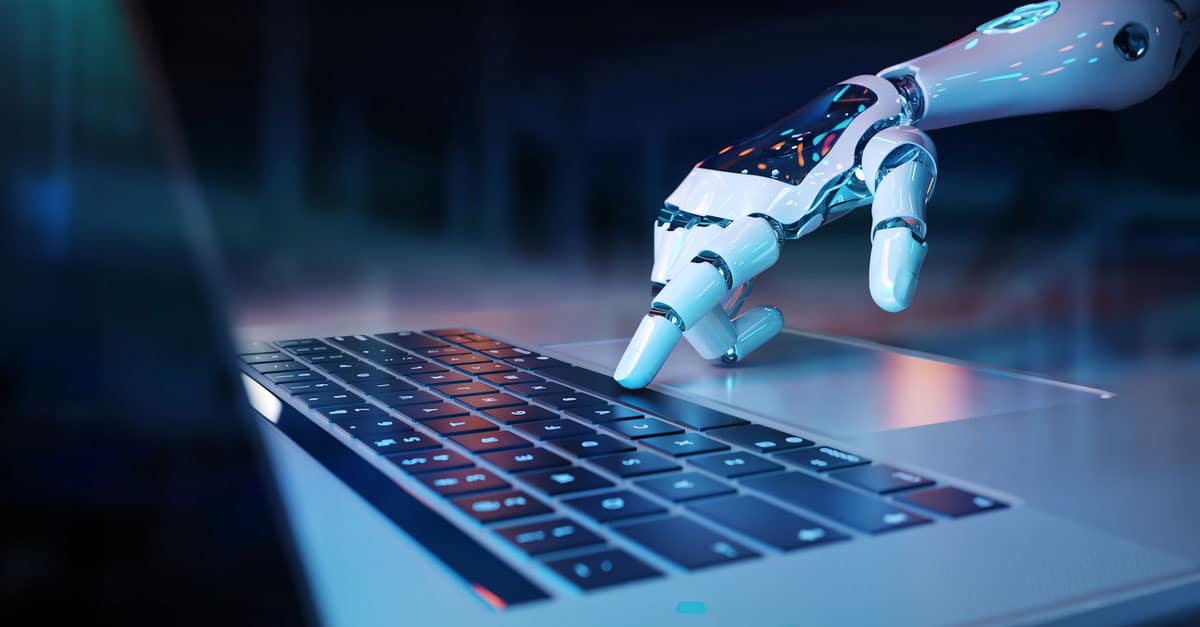Variety of Jobs at Risk
Artificial intelligence refers to computers’ capacity to apply algorithms to complete tasks independently and respond to unforeseen events. In this sense, they behave similarly to humans: they not only complete repetitive tasks, but they also learn from triumphs and mistakes and change their behaviour. AI devices should be able to think and communicate like humans in the future.
AI Scale in the United States
AI is expected to automate around a quarter of all work presently performed by humans in Europe and the United States. According to Goldman. Clerical and administrative positions in the United States are particularly vulnerable if AI systems take over responsibilities. It is estimated that around 46 percent of these employment will be affected, with positions in law (44 percent), architecture, and engineering services (37 percent) following. AI might entirely replace around 7 percent of occupations in the United States, while approximately 63 percent of jobs could be “supported” by the new technology. According to the estimate, around 30 percent of positions will stay constant. According to a research conducted by OpenAI, Open Research, and the University of Pennsylvania, automation will have a greater impact on the employment of individuals with higher degrees and wages. AI replaces or supplements people with at least a bachelor’s degree more than twice as often as those without a college degree (27 percent vs. 12 percent). This covers jobs that demand the skills to programme and write in particular.
According to the economists, individuals impacted in this scenario might also use part of their freed-up ability to engage in other productivity-boosting activities. New employment would be generated at the same time. So there is opportunity for expansion: according to Goldman Sachs, generative AI systems might raise the overall value of products and services generated globally by around 7 percent over the next 10 years. According to the authors, this will result in a “boom in productivity similar to that which accompanied the introduction of earlier general-purpose technologies such as the electric motor and the computer.”
It is unclear if artificial intelligence will be able to replace whole professional groupings in the future. The current analysis provides some insight into which occupations may be affected. However, it also provides optimism since AI will not only take over occupations, but will also develop new ones.
Elevate Your Wealth Game: Empowering UHNWIs for Simplified Asset Management. Altoo Platform Preview









